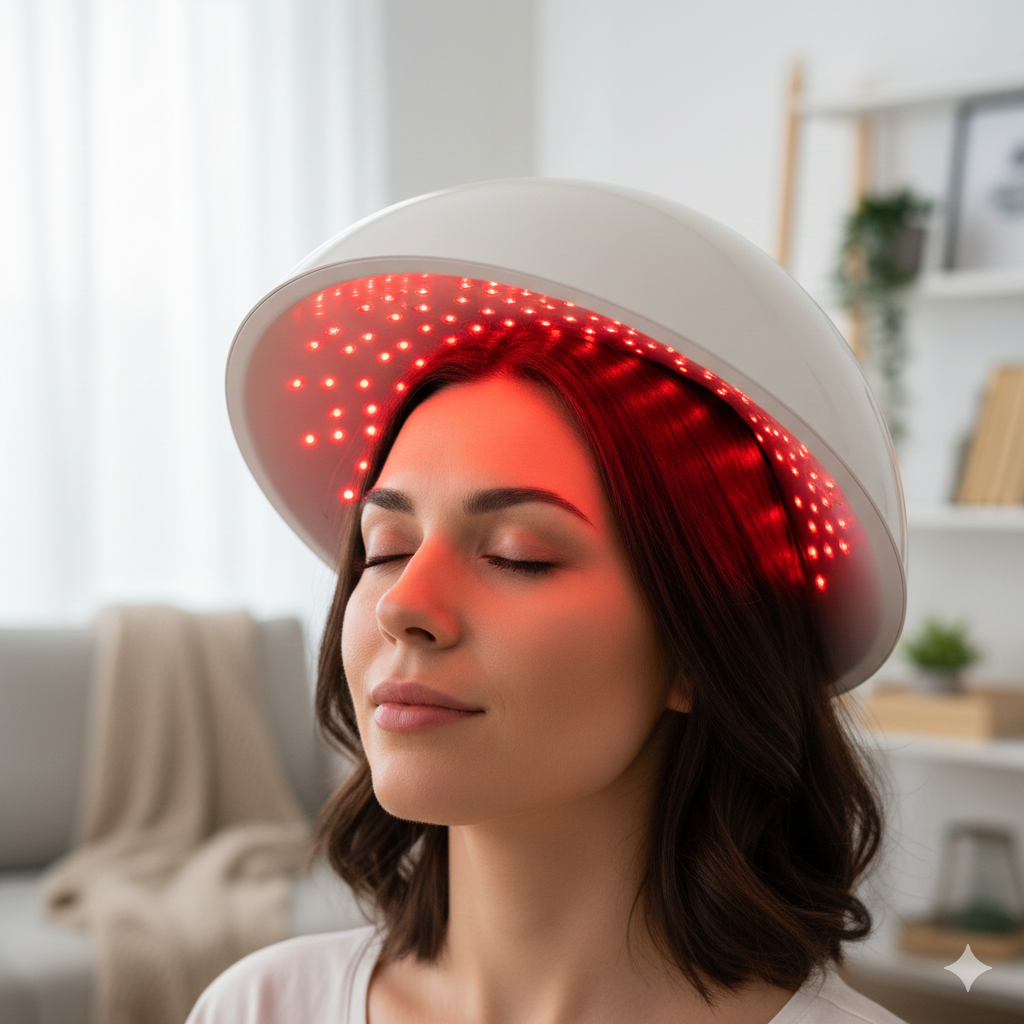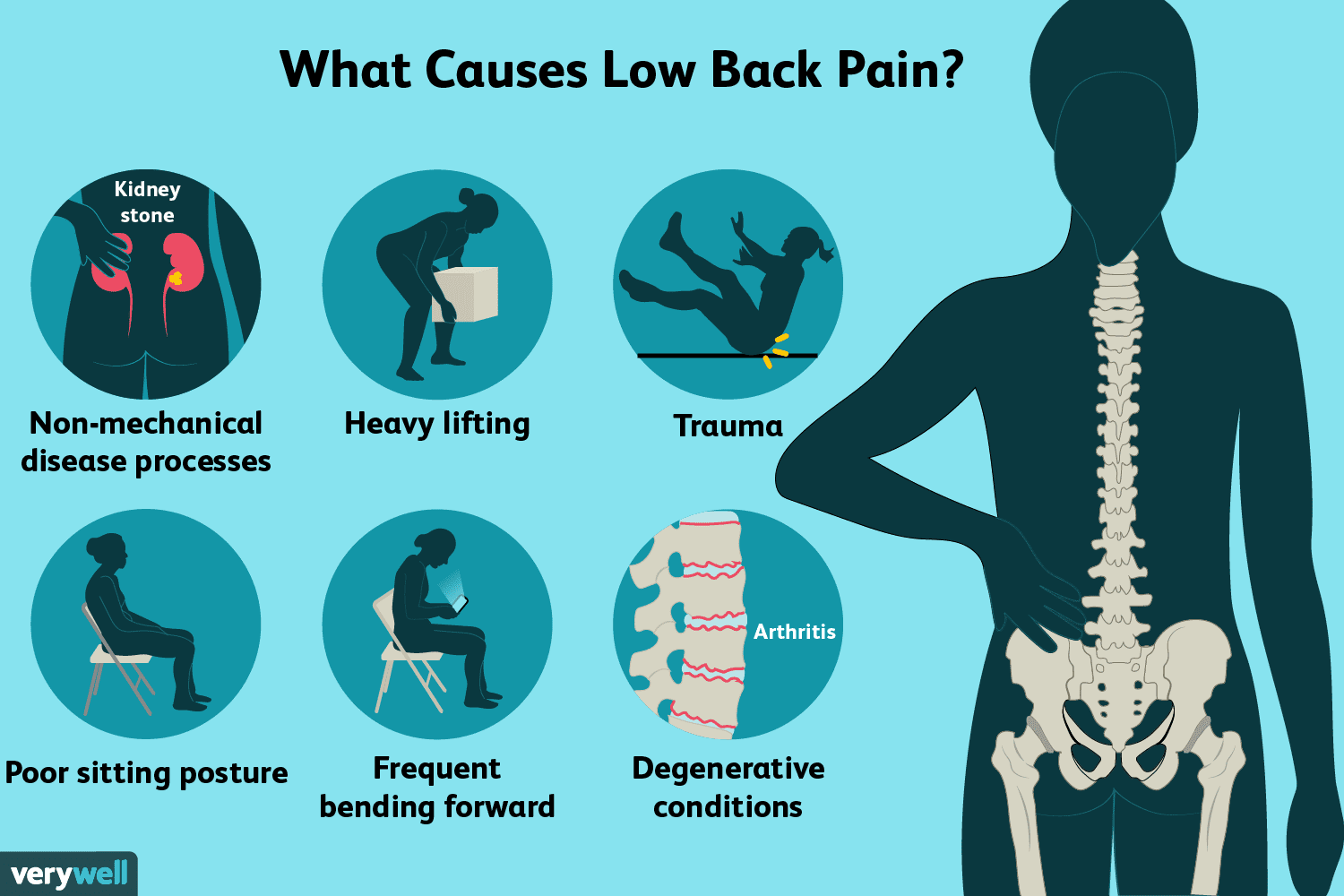Everyone knows that the key to feeling rested and rejuvenated is getting enough deep sleep. Deep sleep, also known as slow-wave sleep, is crucial for overall health and wellness. Ensuring you get more deep sleep can significantly improve your physical health and cognitive function.
To enhance your sleep quality, consider maintaining a consistent sleep schedule and establishing a relaxing bedtime routine. Avoiding caffeine and electronic devices before bed can also help. Making these adjustments can increase the amount of restorative sleep you get each night, leading to better health outcomes.
Investing in a comfortable mattress and a quiet, dark sleeping environment can also make a significant difference. Quality sleep is essential, and these changes can create a more conducive atmosphere for deep sleep. By focusing on these strategies, individuals can improve their nightly rest and overall well-being.
Understanding Deep Sleep
Deep sleep is a critical phase of the sleep cycle that plays a vital role in health, memory formation, and bodily repair. This section explores the different stages of the sleep cycle, the benefits of deep sleep, and the relationship between brain waves and sleep.
Stages of Sleep Cycle
Sleep includes multiple stages: NREM (Non-Rapid Eye Movement) and REM (Rapid Eye Movement) sleep. NREM sleep is further divided into stages 1, 2, and 3.
Stage 3, known as deep sleep or slow-wave sleep, is where delta waves—the slowest brain waves—are most prominent. This stage is crucial for restorative sleep and typically occurs in longer periods during the first half of the night.
Benefits of Deep Sleep
Deep sleep contributes significantly to health. During this stage, the body releases growth hormone, which aids in tissue repair and growth. Additionally, it strengthens the immune system by enhancing the body’s ability to fight infections.
Memory consolidation also occurs during deep sleep, making it essential for learning and retaining information. The body undergoes repair processes that are vital for muscle recovery and overall physical health.
Brain Waves and Sleep
Brain activity during sleep varies between stages. In deep sleep, delta waves dominate. These slow brain waves facilitate the restorative functions of deep sleep. Research has shown a strong link between delta wave activity and quality sleep.
Monitoring brain waves can provide insights into sleep quality and inform interventions to improve deep sleep, thus supporting better overall health.
Factors Affecting Sleep Quality

Sleep quality can be influenced by multiple factors, including individual dietary habits, physical activity levels, mental health status, and substance use.
Diet and Nutrition
Diet plays a crucial role in determining sleep quality. A balanced diet rich in fruits, vegetables, lean proteins, and whole grains supports better rest. Certain foods, particularly those high in magnesium and calcium, can promote relaxation.
Caffeine and sugar intake should be monitored. Consuming caffeine late in the day can interfere with the body’s natural sleep-wake cycle.
Alcohol, although initially sedative, can disrupt sleep patterns, resulting in insufficient deep sleep. Timing of meals matters too; heavy meals close to bedtime can cause discomfort and disrupt sleep.
Exercise and Physical Activity
Regular physical activity is beneficial for sleep quality. Engaging in aerobic exercises like running or cycling can increase the amount of deep sleep obtained.
It’s ideal to schedule moderate to vigorous exercise sessions earlier in the day to avoid increasing body temperature and heart rate close to bedtime, which might make falling asleep difficult.
Even mild physical activities such as stretching or yoga can help alleviate tension and prepare the body for rest. A physically active lifestyle aligns with the body’s circadian rhythm, fostering a natural sleep-wake cycle.
Stress and Mental Health
Mental health issues such as stress, anxiety, and depression can significantly deteriorate sleep quality. Stress stimulates the production of cortisol, a hormone that can keep the mind alert and make it difficult to fall asleep.
Engaging in relaxation techniques, such as mindfulness or deep-breathing exercises, can reduce mental strain and promote better sleep. Establishing a calm and comforting bedtime routine can also aid in reducing anxiety and preparing the mind for rest.
Substances and Sleep
Substances such as caffeine, alcohol, and nicotine have a notable impact on sleep patterns. Caffeine consumption should be limited to the morning or early afternoon to prevent disturbances in falling asleep.
While alcohol might induce sleep initially, it disrupts the REM cycle, leading to fragmented and poor-quality sleep. Nicotine is a stimulant and should be avoided near bedtime as it may increase heart rate and alertness.
Prescription medications and over-the-counter drugs can also affect sleep. Consulting a healthcare provider can help manage these effects effectively.
Practical Strategies for Deeper Sleep
Achieving deeper sleep often requires creating the right environment, practicing relaxation techniques, and maintaining consistent sleep habits. Addressing these areas can significantly improve your overall sleep quality.
Creating a Sleep-Inducing Environment
A quiet, dark and cool room can significantly enhance sleep quality. Temperature should ideally range between 60 to 67 degrees Fahrenheit. Use blackout curtains to block out light, and consider white noise machines or earplugs to minimize disturbances.
Comfort is also key. Invest in a good mattress and pillows. These can reduce discomfort that might cause awakenings. Keep electronics out of the bedroom as the blue light from screens can interfere with your natural sleep cycle.
Relaxation Techniques Before Bed
Engaging in relaxation techniques before bed can help ease the transition to sleep. Consider practices such as deep breathing, meditation, or progressive muscle relaxation. These methods can reduce stress and prepare the body for sleep.
Taking a warm bath 90 minutes before bed can also promote relaxation. The subsequent drop in body temperature can signal to the brain that it is time to sleep. Reading a book or listening to calming music can also be effective.
Consistency in Sleep Habits
Maintaining a consistent sleep schedule can regulate your body’s internal clock. Try to go to bed and wake up at the same time every day, even on weekends. This consistency can promote deeper sleep.
Pay attention to your sleep hygiene. Avoid caffeine and large meals before bedtime. Limit naps to no more than 20-30 minutes and avoid them late in the day. If sleep problems persist, consider consulting a healthcare professional to rule out sleep disorders.
Tech and Monitoring Sleep
Innovative technology has enabled better monitoring and understanding of sleep patterns, aiding individuals in improving their sleep quality. Tools such as wearable devices and professional sleep studies have become essential in analyzing REM and NREM sleep stages.
Wearable Sleep Trackers
Wearable devices like Fitbit, Apple Watch, and Oura Ring offer real-time data on sleep cycles, including REM and NREM stages. These gadgets track metrics like heart rate, movement, and blood oxygen levels.
Wearable sleep trackers provide insights into how much time a person spends in various sleep stages. They can also set alarms to wake users at optimal times, ensuring they wake up feeling refreshed.
Accuracy varies among devices, but many offer actionable advice based on gathered sleep data. This information can encourage changes in habits, potentially leading to more deep sleep.
The Role of Professional Sleep Studies
Sleep studies typically involve an overnight stay in a sleep lab. Patients are connected to numerous monitors that collect detailed data, such as brain waves (EEG), eye movement, muscle activity, heart rate, and breathing patterns.
These comprehensive studies help diagnose disorders like sleep apnea or narcolepsy. By examining both REM and NREM sleep phases, clinicians can identify disruptions or abnormalities in the sleep cycle.
Professional analysis can then lead to tailored treatments or interventions. While more invasive and costly, these studies offer a deeper understanding of an individual’s sleep health, providing essential data that wearable trackers may not capture.
Lifestyle Adjustments to Enhance Sleep

Simple lifestyle adjustments can significantly improve sleep quality. Key points include dietary changes, regular physical activity, and effective stress management.
Dietary Changes
Diet plays a crucial role in sleep quality. Foods rich in tryptophan like turkey, nuts, and seeds can enhance melatonin production. Avoiding caffeine and heavy meals in the evening helps to avoid disruptions.
Hydration is important, but excessive liquids before bed can lead to nighttime awakenings. A balanced diet promotes good metabolism, supporting overall health and better sleep.
Timing of meals also matters. Consuming your last meal at least two to three hours before bedtime can prevent indigestion and discomfort.
Incorporating Physical Activity
Regular exercise contributes positively to sleep quality. Activities such as jogging, swimming, or cycling increase the production of endorphins and promote relaxation.
Consistency is key; incorporating exercise into your daily routine helps regulate sleep patterns. Morning or early afternoon workouts are more beneficial. Exercising too close to bedtime may overstimulate the body, making it harder to fall asleep.
Physical activity also improves mental health, reducing symptoms of anxiety and depression, which are often linked to sleep disorders.
Stress Management
Stress can significantly impact sleep quality. Techniques like meditation, yoga, and deep breathing exercises can help manage stress levels.
It’s important to establish healthy mental habits. Maintaining a regular sleep schedule and creating a calming bedtime routine can help signal the body that it’s time to wind down.
Mindfulness practices also contribute to mental health and can be especially effective at reducing nighttime anxiety. Incorporating these practices regularly helps improve overall well-being and sleep quality.
Medical Interventions and Considerations
Deep sleep can be improved with medical interventions and by addressing health conditions such as sleep disorders or sleep deprivation. Consulting a doctor, exploring treatments for sleep disorders like sleep apnea and insomnia, and using medications or supplements can all play a role in enhancing deep sleep quality.
When to See a Doctor
Consulting a doctor is crucial if sleep issues persist despite lifestyle changes. Persistent sleep deprivation can indicate underlying health conditions. A medical professional can diagnose sleep disorders such as sleep apnea or chronic insomnia through evaluations and assessments. They may recommend tests like polysomnography or home sleep tests to get to the root of the problem.
Sleep Disorders and Treatments
Sleep disorders like sleep apnea and insomnia are frequent culprits of poor deep sleep. For sleep apnea, treatments may include the use of continuous positive airway pressure (CPAP) machines, oral appliances, or surgeries to open the airways. Insomnia, on the other hand, might be managed with cognitive-behavioral therapy, relaxation techniques, or specialized sleep programs.
Sleep Apnea Treatments:
- CPAP Machines
- Oral Appliances
- Surgery
Insomnia Treatments:
- Cognitive-Behavioral Therapy
- Relaxation Techniques
- Sleep Programs
Medication and Sleep
Doctors may prescribe medications to aid in sleep if non-pharmacological interventions prove ineffective. Commonly prescribed medications for sleep issues include benzodiazepines, non-benzodiazepine sleep aids, and certain antidepressants that have sedative properties. It is crucial to use these under medical supervision due to potential side effects and the risk of dependency.
Types of Sleep Medications:
- Benzodiazepines
- Non-benzodiazepine sleep aids
- Sedative antidepressants
In some cases, supplements such as melatonin might be suggested to help regulate sleep cycles. Always consult a healthcare provider before starting any new medication or supplement.
Improve Your Sleep With Health Nutrition
Health Nutrition offers a comprehensive range of health supplements designed to enhance various aspects of your daily life. From improving sleep quality to boosting concentration and productivity, their products aim to address common challenges faced by many individuals in today’s fast-paced world.
For those seeking to optimize their mental performance, MindVitality provides an all-in-one nootropic solution. With its unique ‘Ignition Tri-Factor,’ this supplement promises to increase mental energy, defeat procrastination, and maximize daily work output without the risk of burnout.
Meanwhile, NightTimeTrim tackles the persistent issue of late-night cravings, offering a way to support weight loss efforts even while you sleep. This innovative product not only helps curb hunger but also promotes uninterrupted sleep, potentially accelerating fat loss results.
Lastly, for those struggling with sleep issues, Health Nutrition’s Sleep Well Gummies present a natural and enjoyable solution. These gummies are formulated to encourage a healthy sleep cycle, calm the mind, and promote restful nights, all in a convenient and tasty form.
Source link










